What is the best thing to have on your feet for hiking?
Answer: It kinda depends.
It depends on where you’ll be hiking, how often and for how long. It also depends on your physical condition.
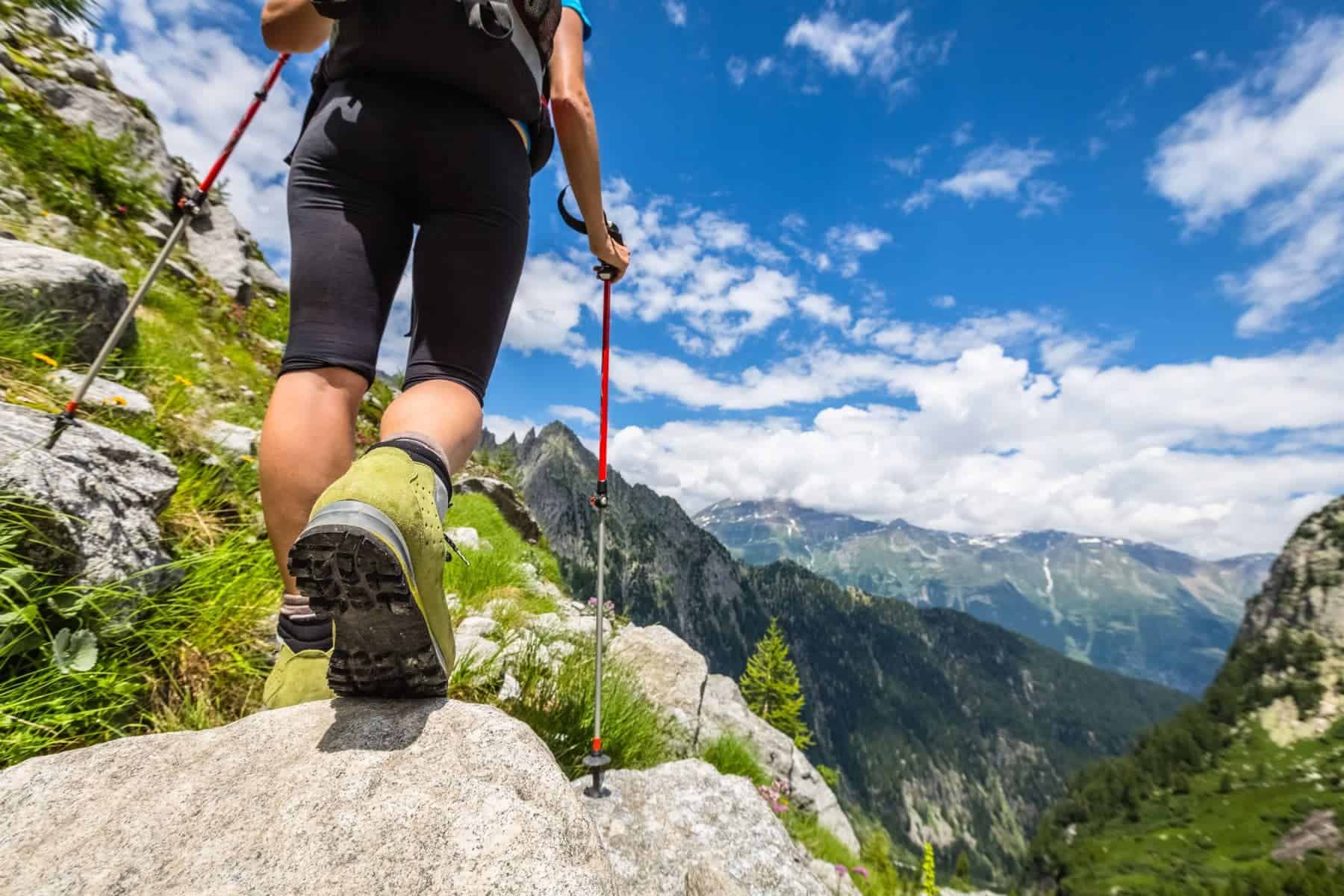
Choosing the right footwear for your hiking adventure can determine if you’ll reach that beautiful viewpoint or end up hobbling back to the trailhead early. With so many options, it’s confusing to know what hiking shoe will work best for you.
This guide highlights 3 key considerations that will help you decide what to strap onto your feet when taking to the trail.
- What kind of hiking will you be doing?
- Types of hiking shoes
- Final thoughts
What kind of hiking will you be doing?
Before you start looking at all the different types of shoes that might work, it’s important to understand what type of trail conditions you’ll be hiking in.
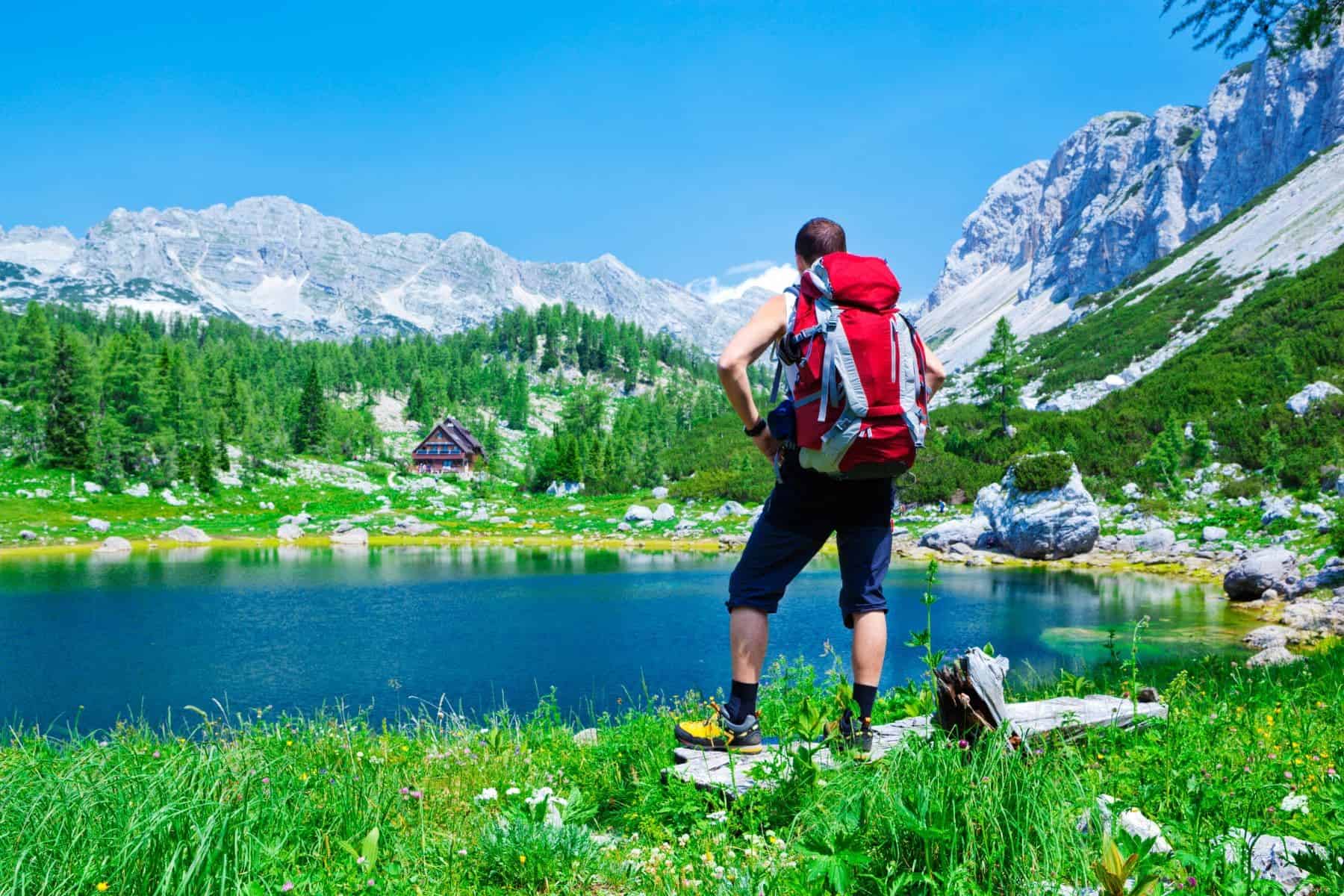
Are you planning to explore developed forest trails? Do you have aspirations of scrambling up rocky, alpine mountain peaks with a fully-loaded backpack? Will you be in and out of the water frequently? Perhaps you’ll be hiking across town, hopping from a bus to the local coffee shop?
Evaluating your aspirations and understanding the terrain you’ll be traveling through will help you determine what type of shoe is right for your hiking adventure.
Types of trail conditions
- Forests: mostly compacted dirt or mud, with some uneven roots, rocks, etc.
- Mountains: generally rocky, steep and loose terrain
- Water: primarily in or along rivers and lakes, with some forested sections
Urban: typically paved, with varying conditions through grassy parks or gravel lots
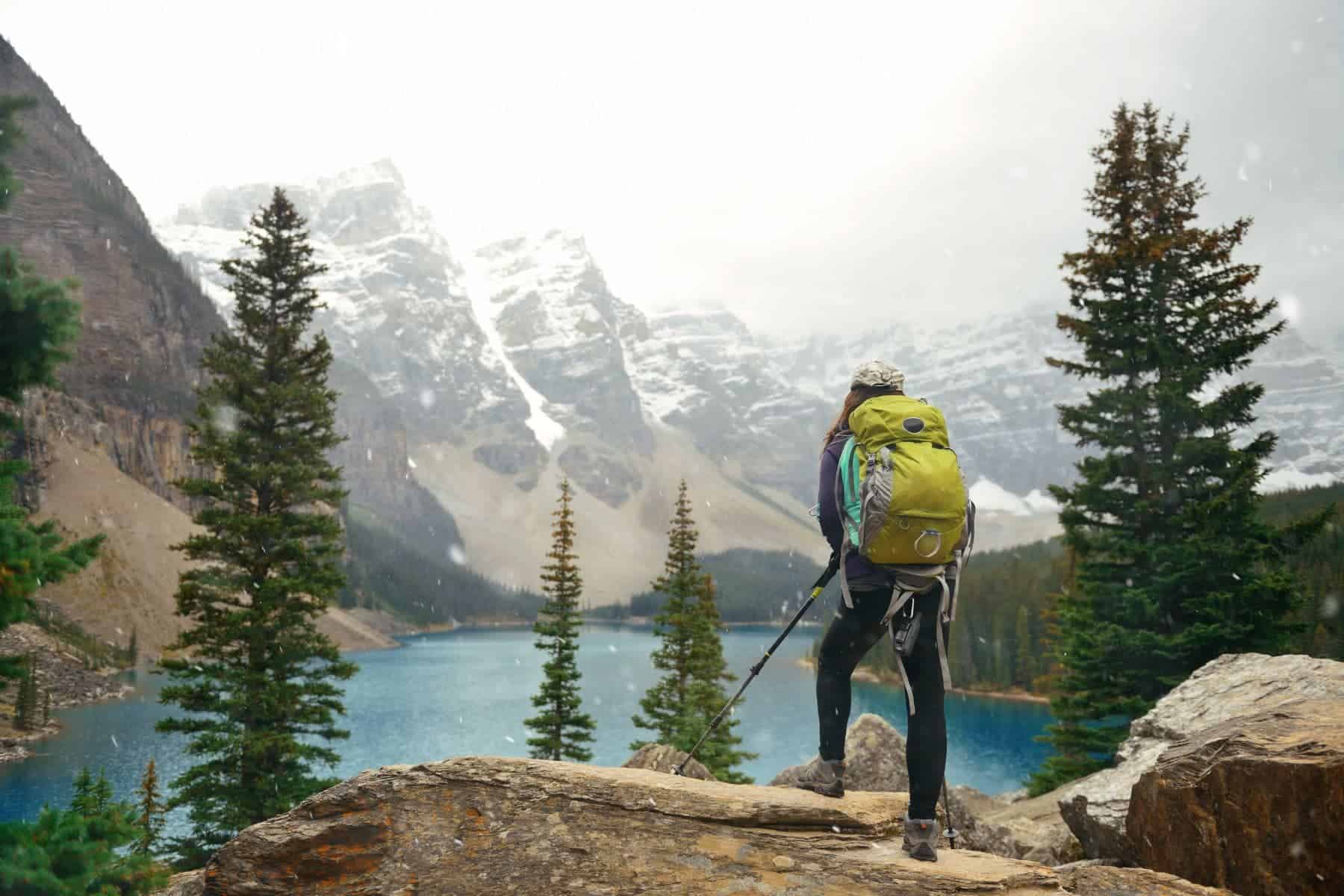
Types of hiking shoes
Next, let’s have a look at a few common types of hiking shoes and how their features perform based on the sort(s) of hiking you’ll be doing.
| Types | Qualities | Best For |
|---|---|---|
| Hiking Boots | Very Durable, Stable & Supportive, Can be heavy
$$-$$$ |
Rugged and unstable terrain, Carrying heavy loads, 4-season travel |
| Hiking Shoes | Durable and Supportive, Midweight, Comfortable
$-$$$ |
Variable terrain,day-hiking and general backpacking, 3-season travel |
| Trail Runners | Lightweight, Breathable,
Very Comfortable $-$$$ |
Moderate to semi-challenging terrain, day-hiking and lightweight backpacking, 3-season travel |
| Sandals (Yes, Sandals!) | Lightweight, Minimal, Airy
$-$$ |
Mild terrain, wet/warmer conditions, day-hiking |
To help simplify things, we’ve categorized hiking shoes into (4) general styles based on their predominant features and the type of hiker you consider yourself.
To learn more about the different types of hiking shoes and how they stack up, take a look at some great hiking boots.
Hiking Boots
You place a premium on protection, durability, and support.
- Hiking boots are stout and weatherproof, with high-ankle support, durable construction, and beefy lugged outsoles that provide superior traction. They’re what you might picture the traditional outdoors person wearing, a sort of “gold standard” when it comes to hiking footwear.
Hiking Boots are a great choice for those wanting a long-lasting and time-tested design. They provide good support when carrying heavy loads and reliably keep the environmental elements at bay.
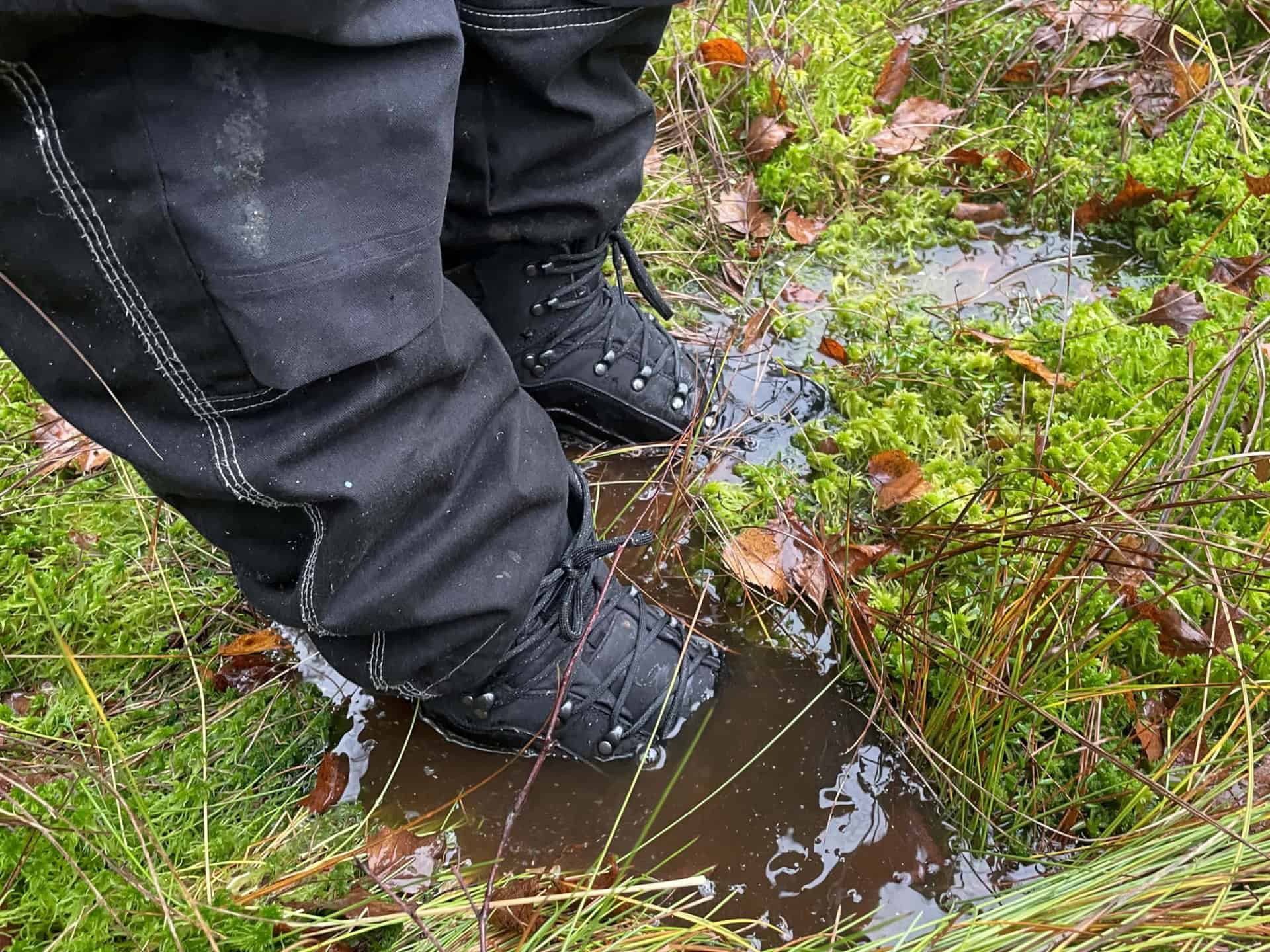
What they may lack in comfort and lightweight breathability is more than made up for in durable features, strong materials, and downright classic styling.
Hiking Shoes
You value what works. A little bit of this, a little bit of that.
Hiking shoes are inspired by blending the best parts of hiking boots and trail runners. The result is a solid mix of durable protection and lightweight features that hit a sweet spot for most hikers. This design is by far the most common and will likely be what comes up when you Google “hiking shoes”, and for good reason.
Sturdy and rugged soles provide good traction on a variety of trails while the upper shoe offers breathable-yet-strong materials to help keep your feet secure, protected and happy. Hiking shoes are purpose-built for outdoor adventure and you’re sure to find a pair that suits your style, budget, and terrain you’re traversing.
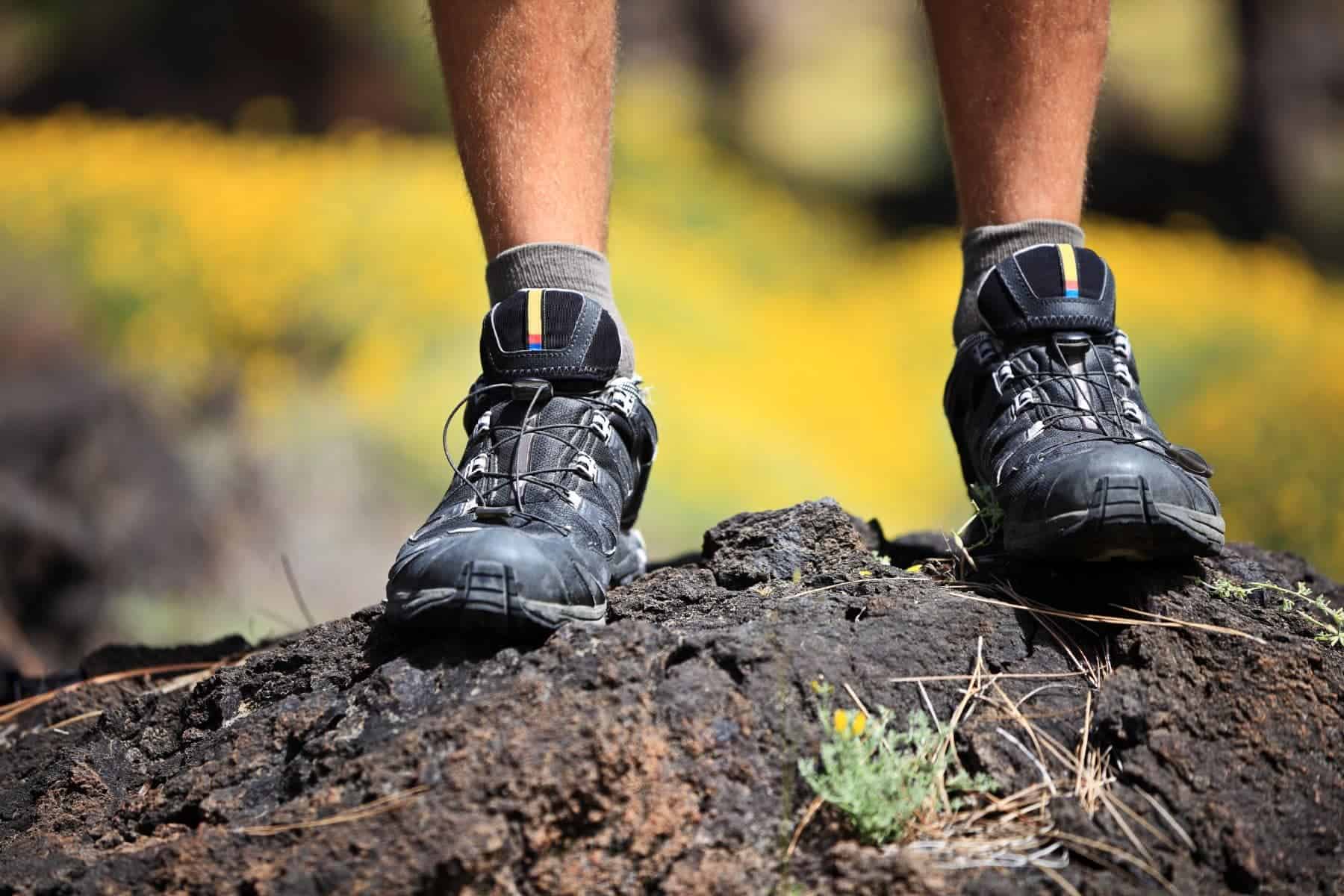
Trail Runners
You like to cover ground in comfort and feel the trail beneath your feet.
Trail running shoes are not only for racing quickly through the forest. Their lightweight, breathable design and squishy-but-durable grippy soles make them great hiking shoes. They provide enough durability and traction for a variety of trail conditions and are generally super comfortable to wear. Grab your lightweight day pack and set off.
While not as sturdy as a traditional hiking boot or shoe, trail running shoes require less energy to hike in and will keep your feet protected on all but the most demanding terrain. A shoe like the Adidas Terrex Trail Runners is an example of a pair that look like they almost don’t belong on the trail. But the mixture of running shoes with the appropriate tread does the trick.
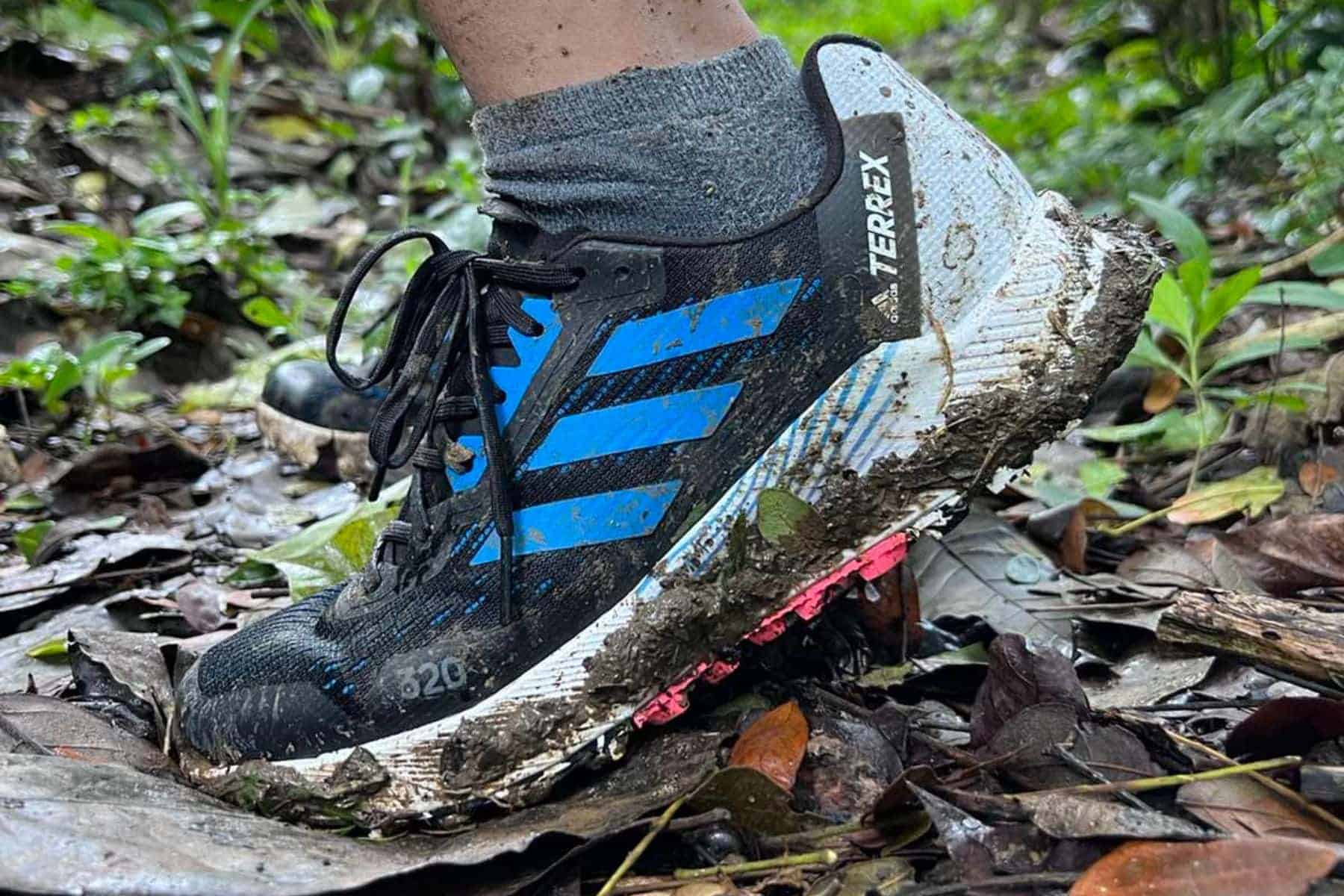
Sandals
Let your freedom flag fly!
Sandals have surged onto the hiking scene in recent years thanks to new designs that meld support, traction and stability with airy, shoe-less freedom for your feet. And no, we’re not talking about flip flops.
Something along the lines of Merrell’s All-Out Blaze, on the other hand, will provide decent traction and stability for less challenging hikes.
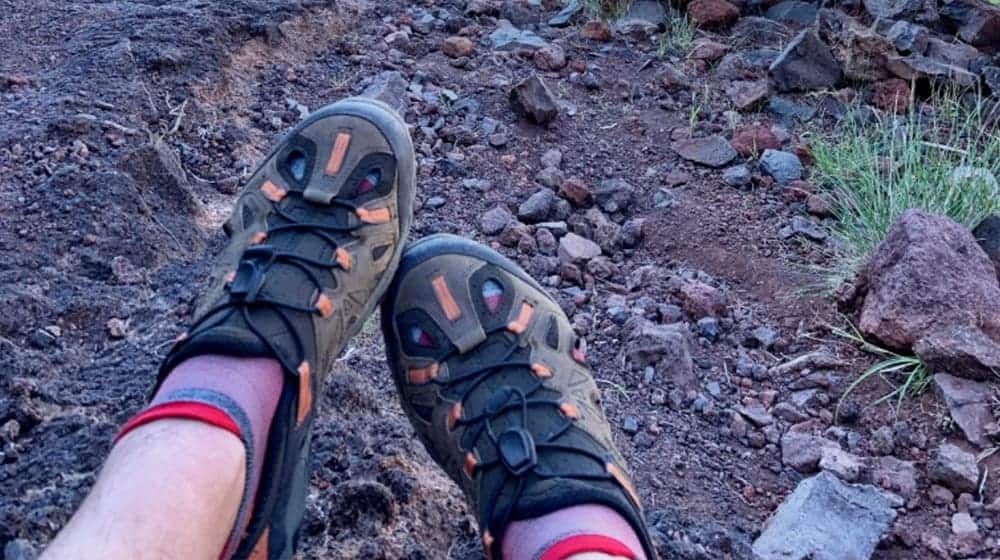
While certainly a more niche choice, sandals may be a good option if you’re prone to blisters or seeking out hikes that promise frequent water crossings. Generally best suited for shorter hikes on mild terrain, hiking sandals feature durable rubber outsoles and a high level of adjustability that maximizes comfort. Keep in mind that your feet will be more susceptible to weather conditions and trail hazards like sticks, rocks, bugs, etc.
These conditions can be mitigated by checking the forecast and this is the least one can do to be prepared.
Final thoughts
At the end of the day, the simple pleasure of being outside and putting one foot in front of the other is what’s important. Understanding your hiking goals and trail terrain will inform what hiking shoe to choose. Nearly all footwear claiming to work well for hiking offers enough stability, support, and comfort no matter your budget. PRO TIP: Hiking shoes guarantee you’ll look like a local when exploring Portland, Oregon. Happy Hiking!
You might also like
Hiking Shoes vs. Trekking Shoes
Winter Camping
How to Hike
Qualities of a Hiking Backpack
Frequently asked questions
Waterproof shoes are best used when hiking in cold, persistently wet conditions. They will help keep your feet warm and dry, and since it’s not hot outside your feet won’t require as much ventilation to prevent overheating. They’re great for shallower water crossings and keeping trail debris out of your shoes. While not totally required for every hike, waterproof shoes can be a great option if you’re hiking soggy, chilly trails. You may also want to consider waterproof socks for your next adventure.
You can certainly hike in sneakers, but will want to be aware of the terrain and conditions you’re hiking in. Regular sneakers can suffer from durability issues and lack some important features like lugged soles for traction found on hiking-specific shoes. While these aren’t deal-breakers, you may discover that hiking shoes will provide more comfort and keep your feet happier if you’re traveling on rough and uneven trails. BONUS TIP: If you’re seeking adventures that climb high above the trail, look into a rock climbing-specific shoe.
You’re looking for a fit that is secure, but not so tight that it creates hotspots or blisters on your feet. Conversely, an oversized and too-loose fit will feel sloppy and create similar problems. This can indeed be tricky and ultimately comes down to personal preference. A good rule of thumb is to make sure your toes don’t get smashed when hiking downhill, and you can just slip your index finger behind your heel with your foot all the way forward. Compare the fit and features of different hiking shoes by taking a look at our best hiking boots guide.


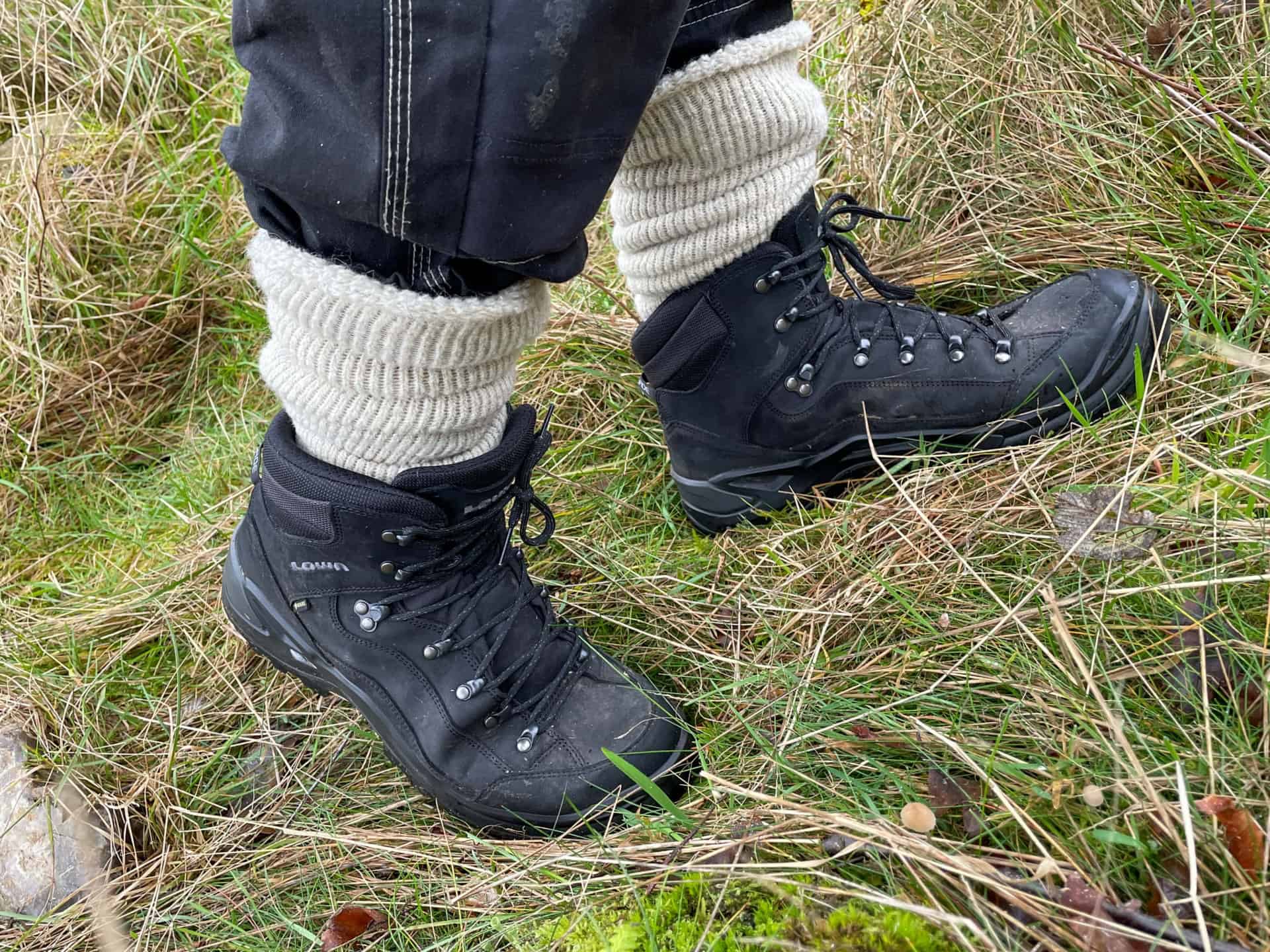

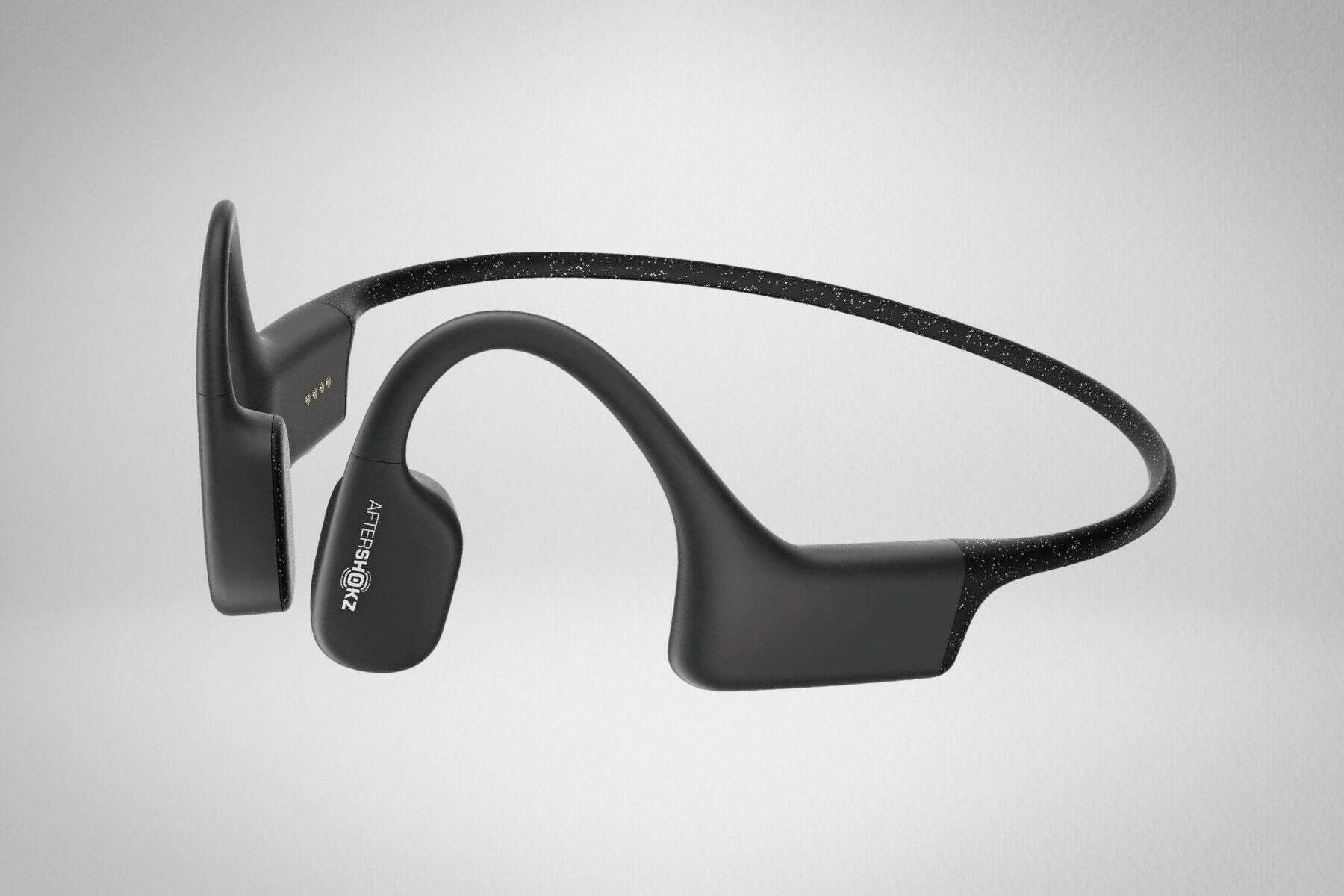
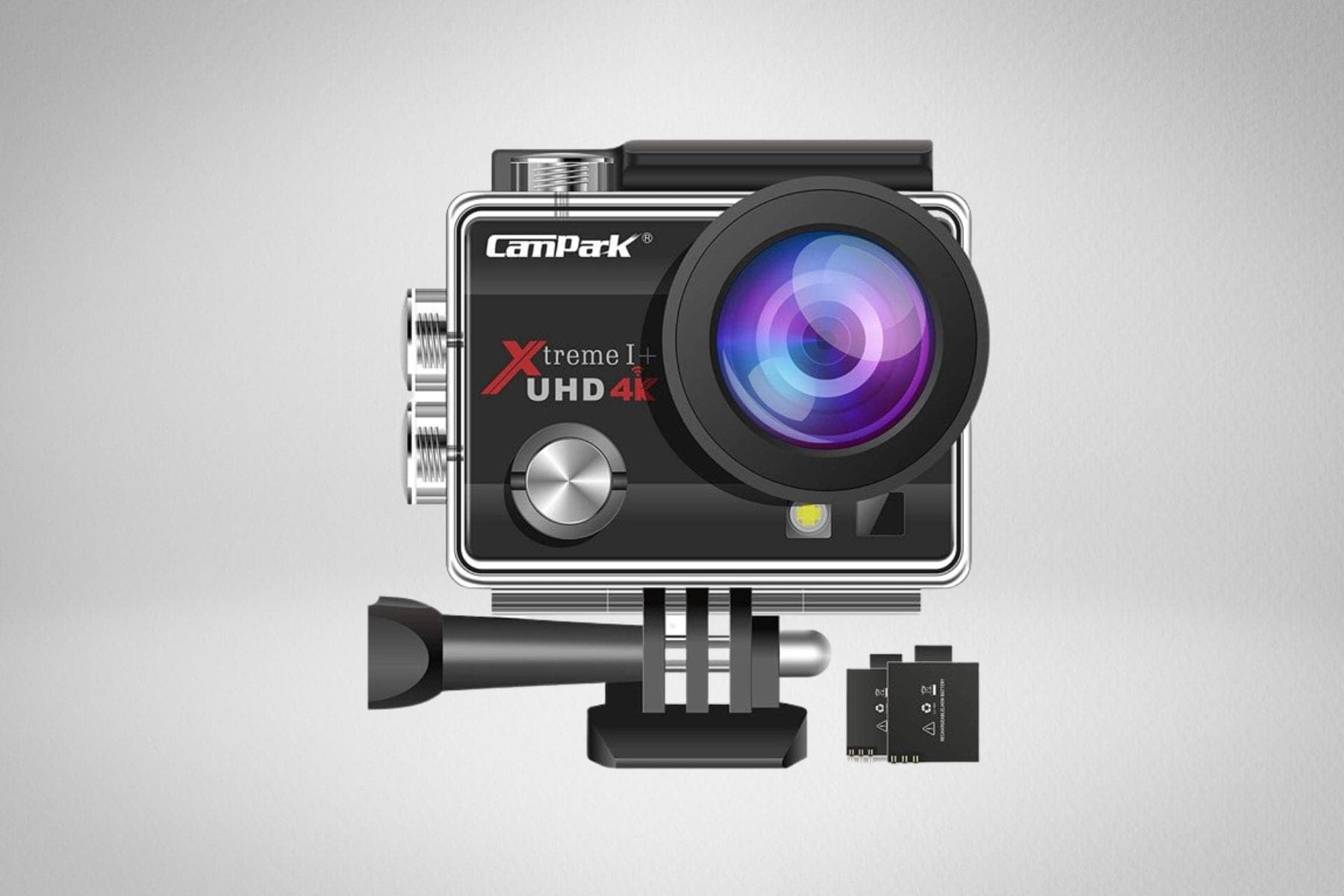
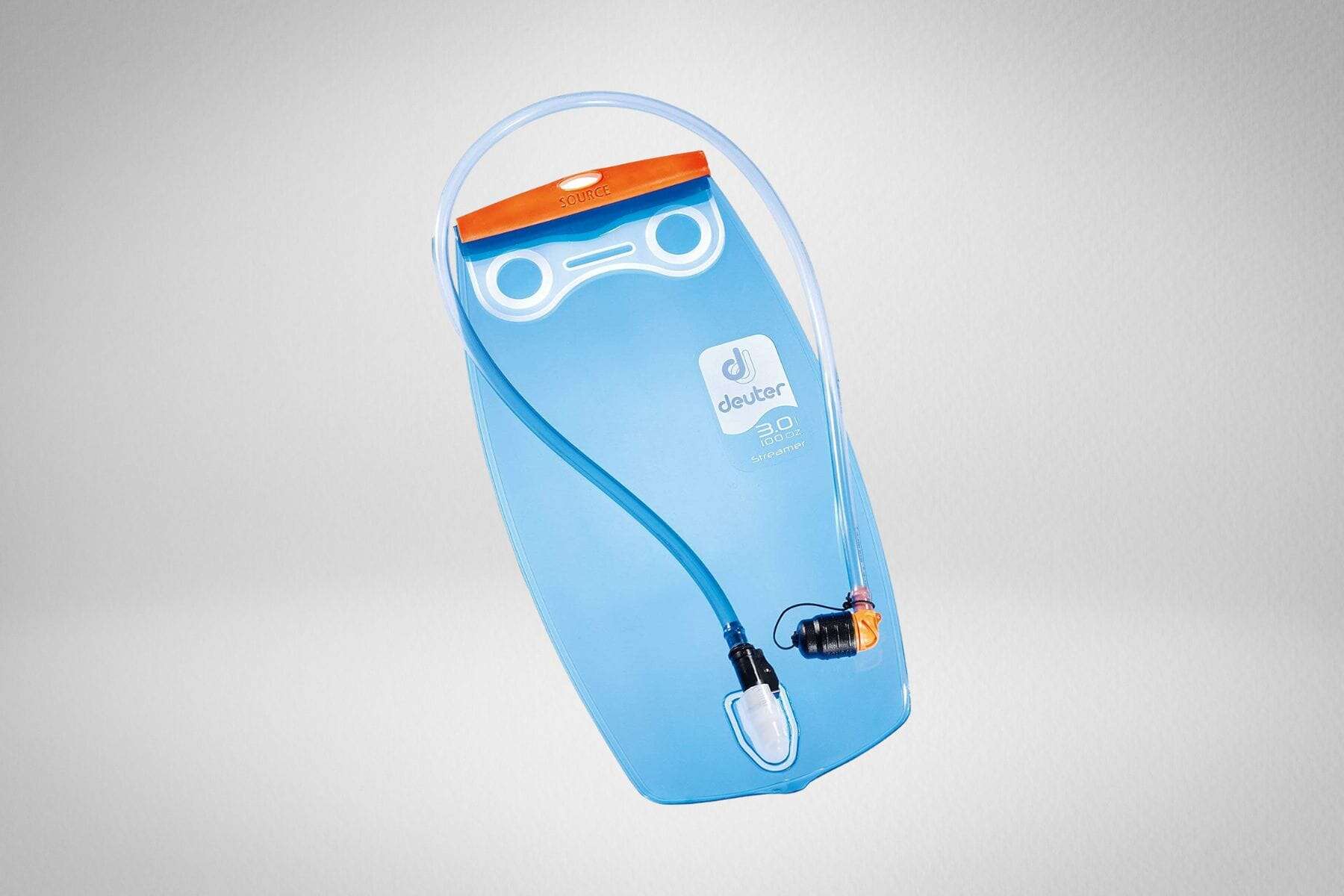
 Back
Back


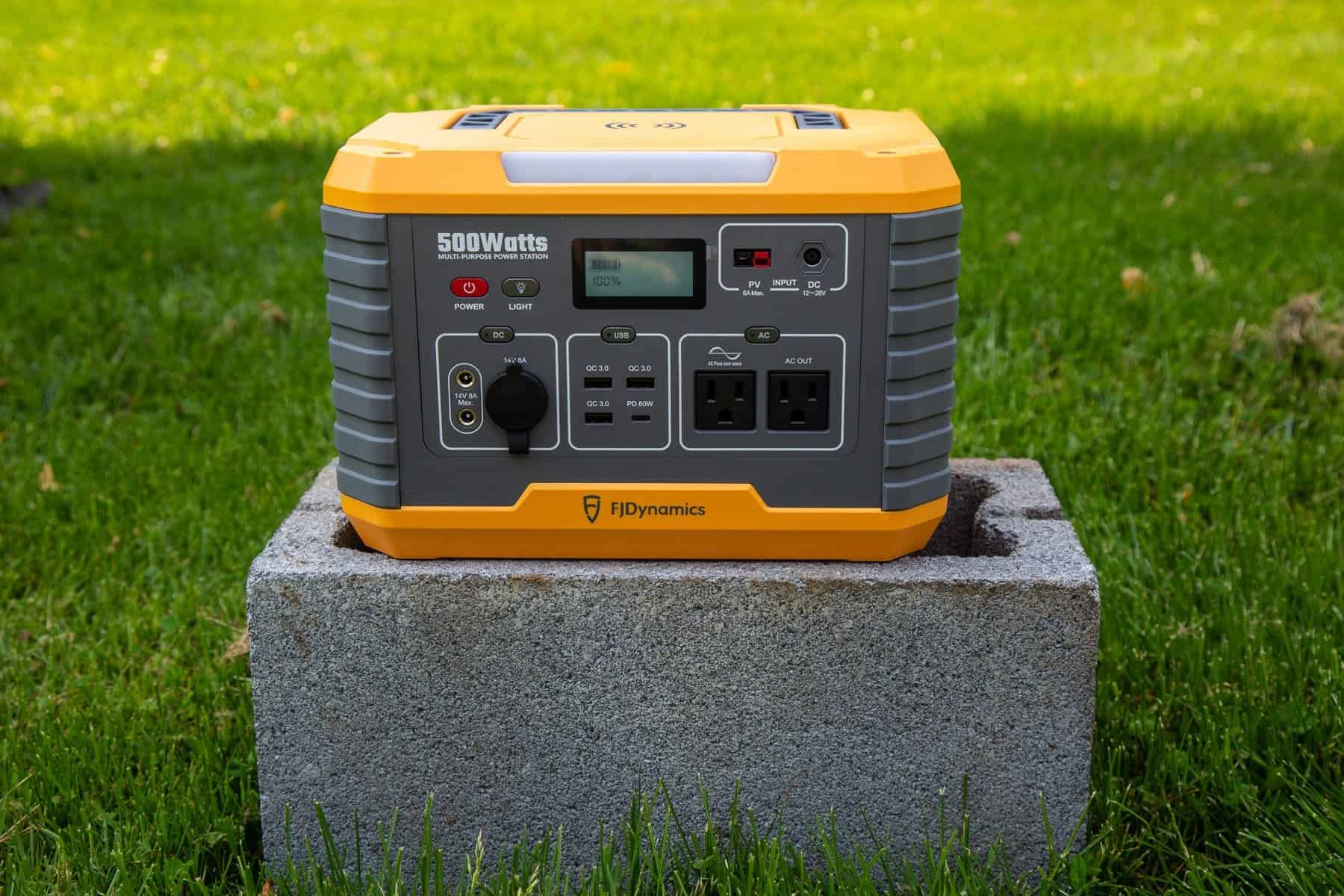
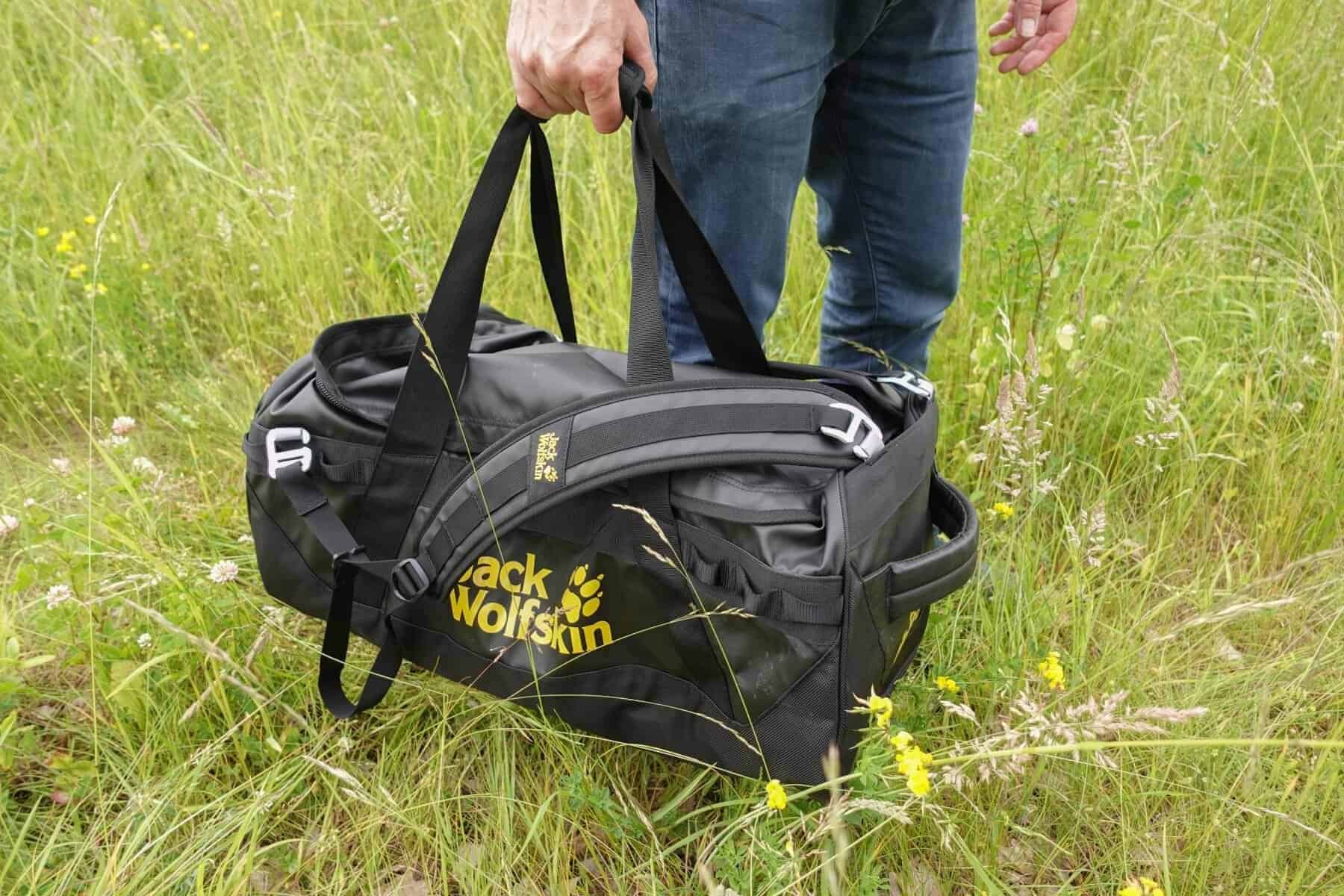



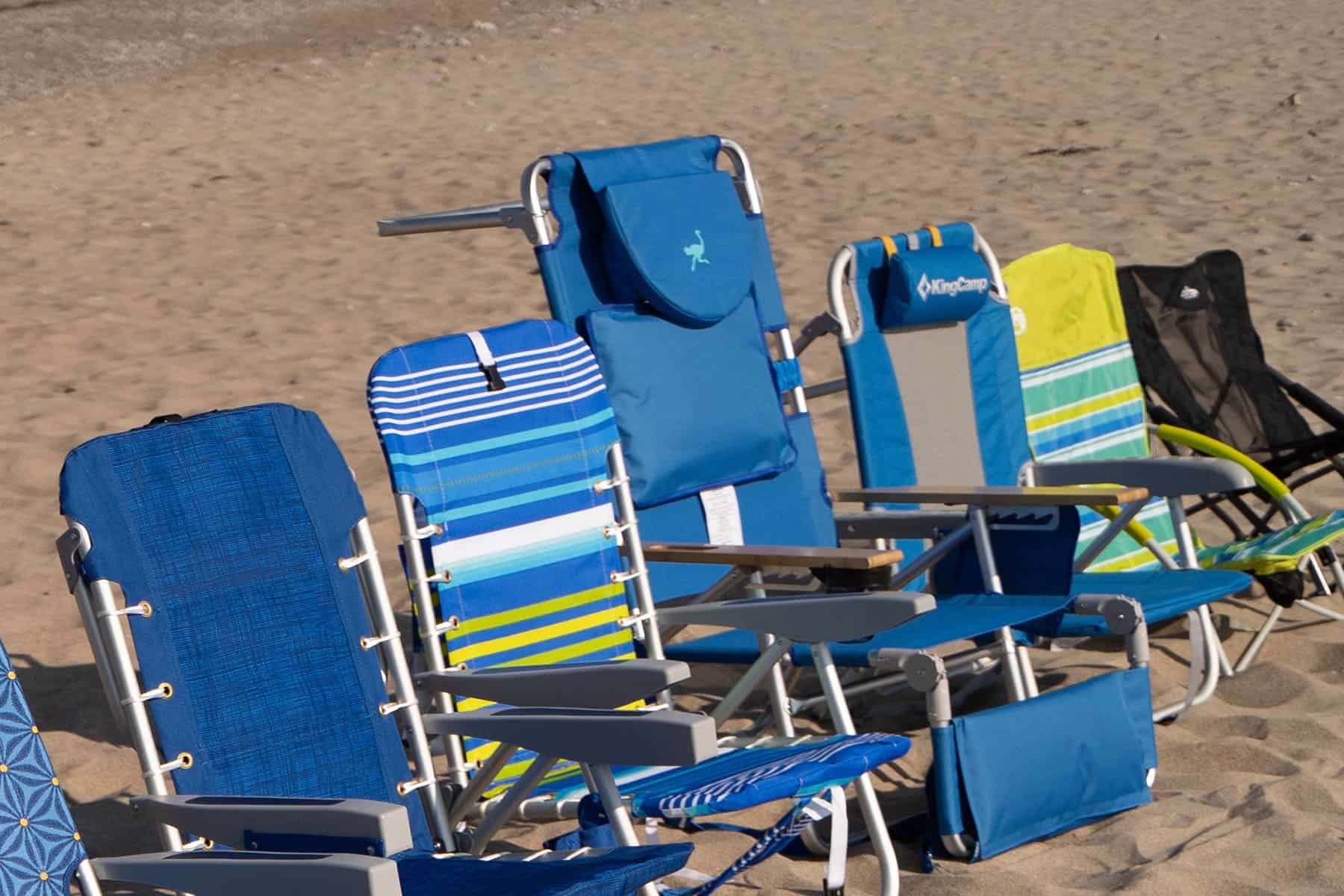
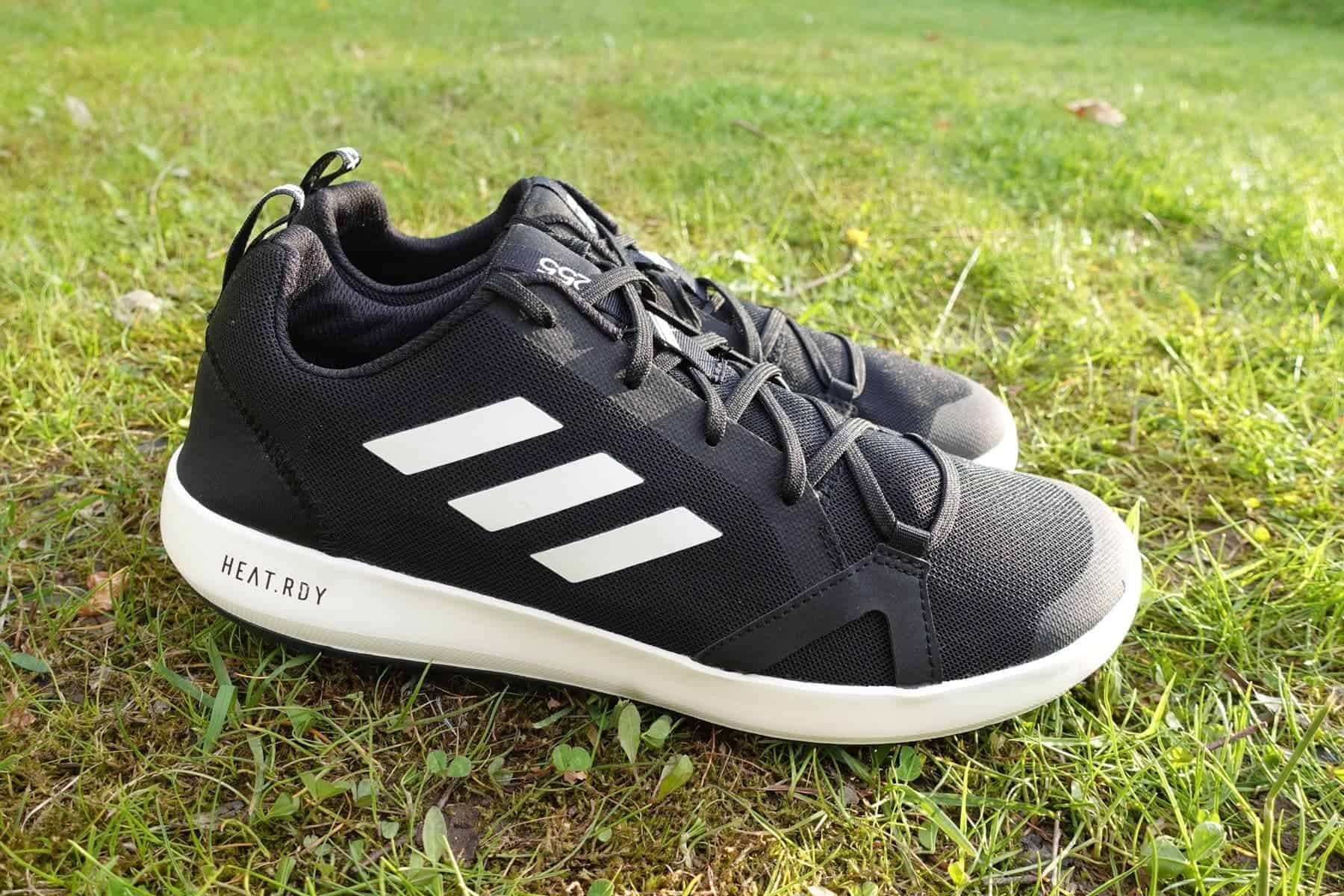





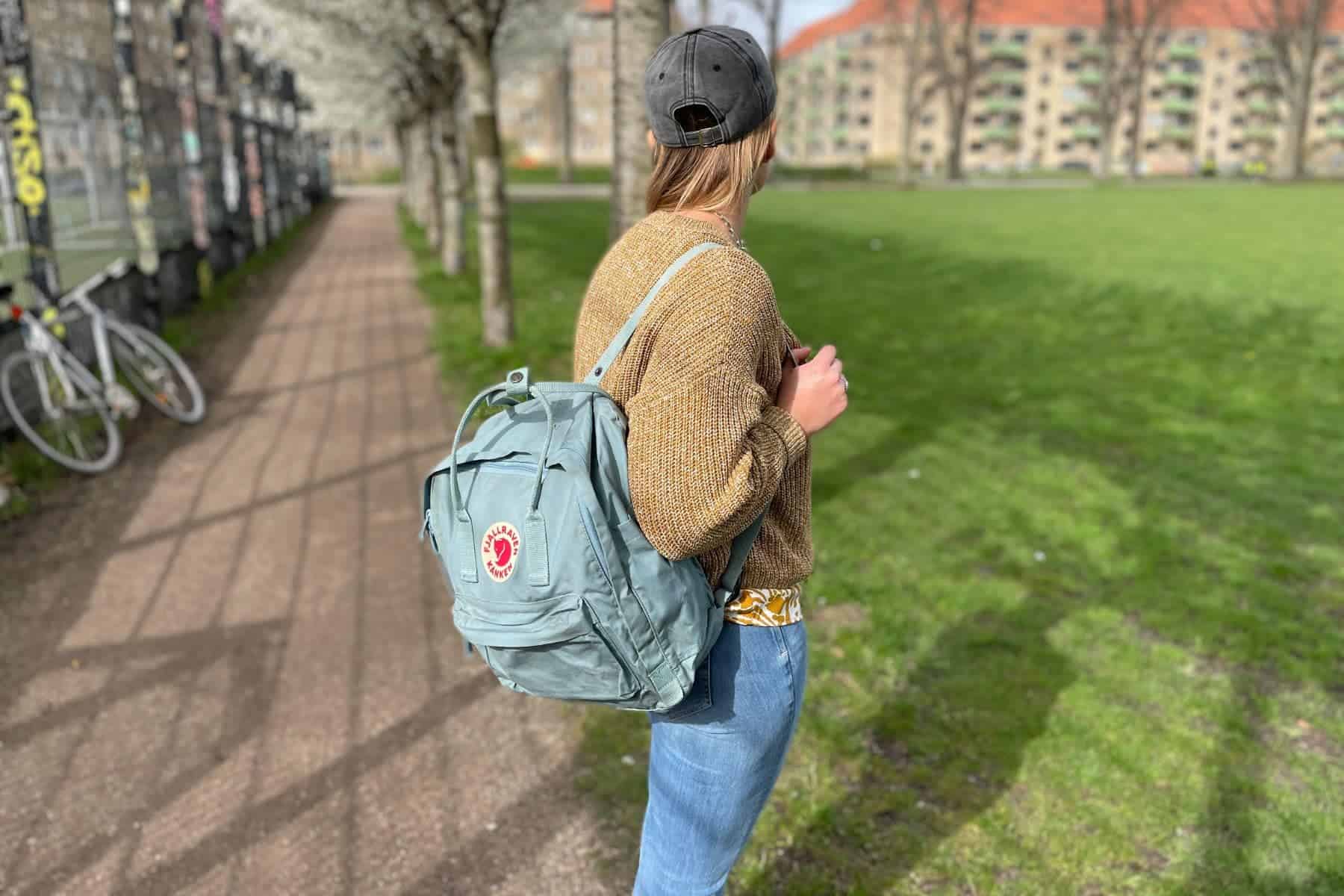

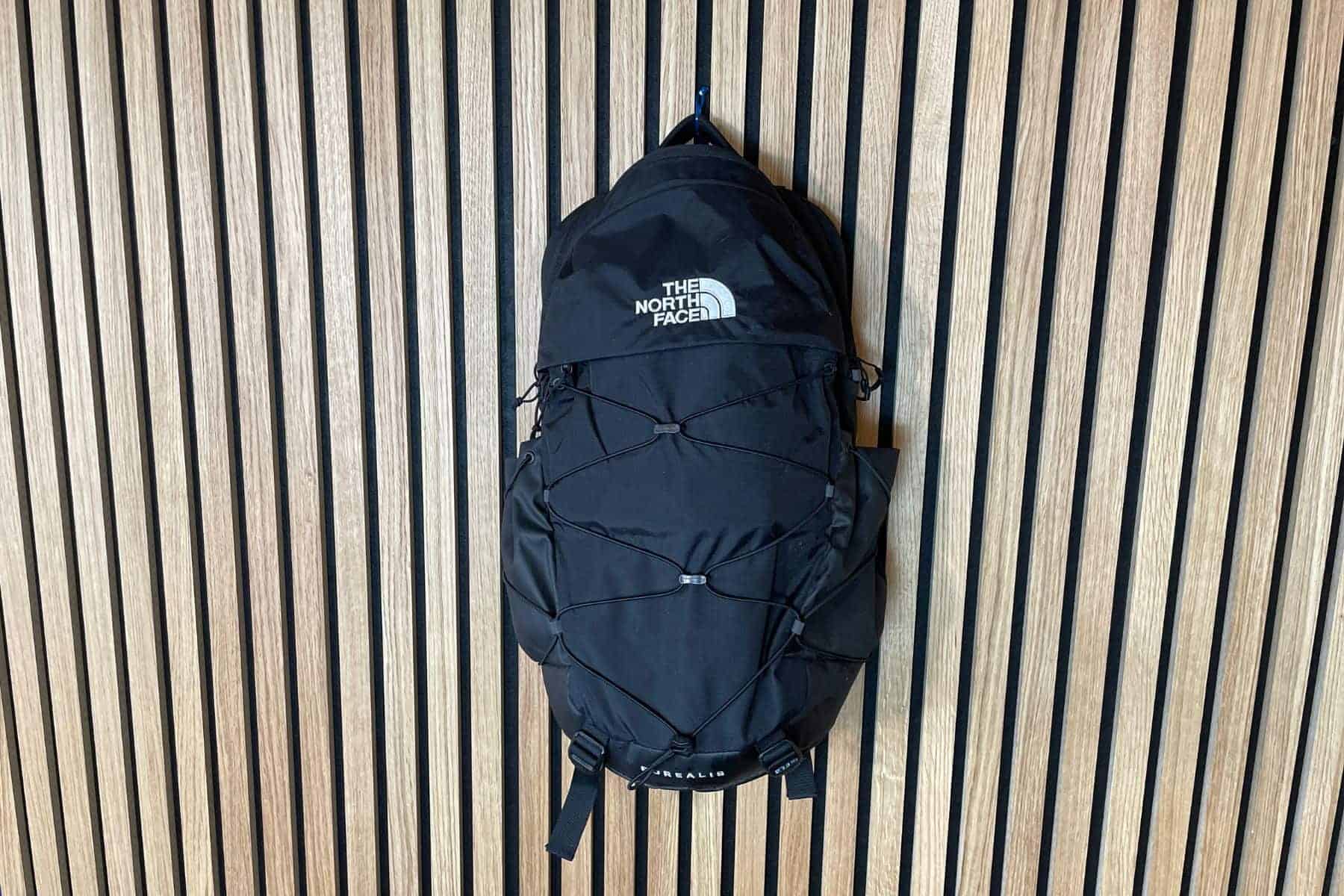

Comments